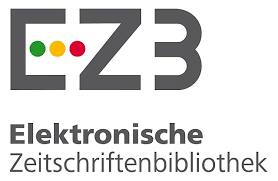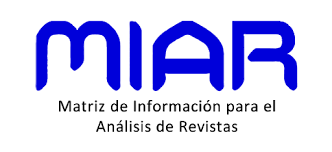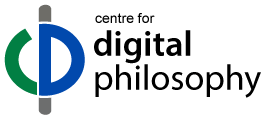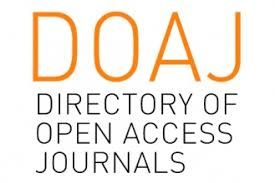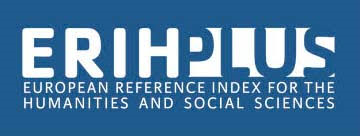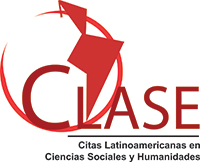Liberalismo, identidade e reconhecimento em Habermas
DOI:
https://doi.org/10.15448/1984-6746.2007.1.1864Resumo
O artigo apresenta a posição ocupada pela teoria discursiva de Jürgen Habermas no debate entre liberalismo e multiculturalismo. Adotando uma perspectiva universalista sensível às diferenças, resultante da tese da relação interna entre democracia e estado constitucional, Habermas enfoca três aspectos interligados e diretamente vinculados à questão do reconhecimento: a idéia liberal de igualdade, os direitos de grupos e o igual tratamento das culturas. A defesa da conjugação do ideal igualitário da cidadania democrática com as demandas legítimas de indivíduos e grupos se funda numa abordagem peculiar situada entre o liberalismo cego e o multiculturalismo forte.
PALAVRAS-CHAVE – Igualitarismo. Liberalismo. Multiculturalismo. Reconhecimento.
ABSTRACT
The article presents the position occupied by Jürgen Habermas’s discourse theory in the debate between liberalism and multiculturalism. Adopting a difference-sensitive universalistic perspective, resulting from the thesis of the internal relation between democracy and constitutional state, Habermas focuses on three linked aspects that are directly connected with the question of recognition: the liberal idea of equality, group rights, and the equal treatment of cultures. The defense of the connection of the egalitarian ideal of democratic citizenship with the legitimate demands of individual persons and groups is based on a peculiar approach situated between blind liberalism and strong multiculturalism.
KEY WORDS – Egalitarianism. Liberalism. Multiculturalism. Recognition.
Downloads
Downloads
Publicado
Como Citar
Edição
Seção
Licença
Direitos Autorais
A submissão de originais para a Revista Veritas implica na transferência, pelos autores, dos direitos de publicação. Os direitos autorais para os artigos publicados nesta revista são do autor, com direitos da revista sobre a primeira publicação. Os autores somente poderão utilizar os mesmos resultados em outras publicações indicando claramente a Revista Veritas como o meio da publicação original.
Licença Creative Commons
Exceto onde especificado diferentemente, aplicam-se à matéria publicada neste periódico os termos de uma licença Creative Commons Atribuição 4.0 Internacional, que permite o uso irrestrito, a distribuição e a reprodução em qualquer meio desde que a publicação original seja corretamente citada. Copyright: © 2006-2020 EDIPUCRS





